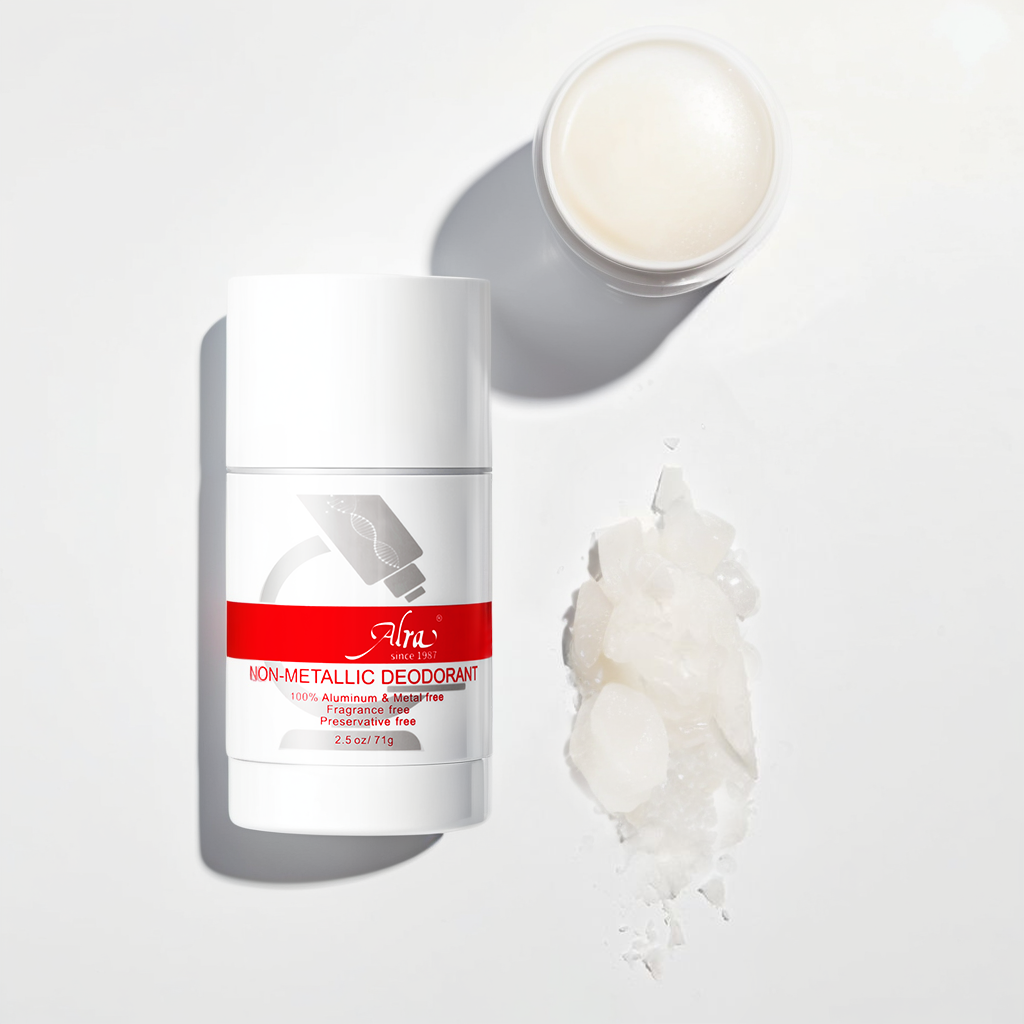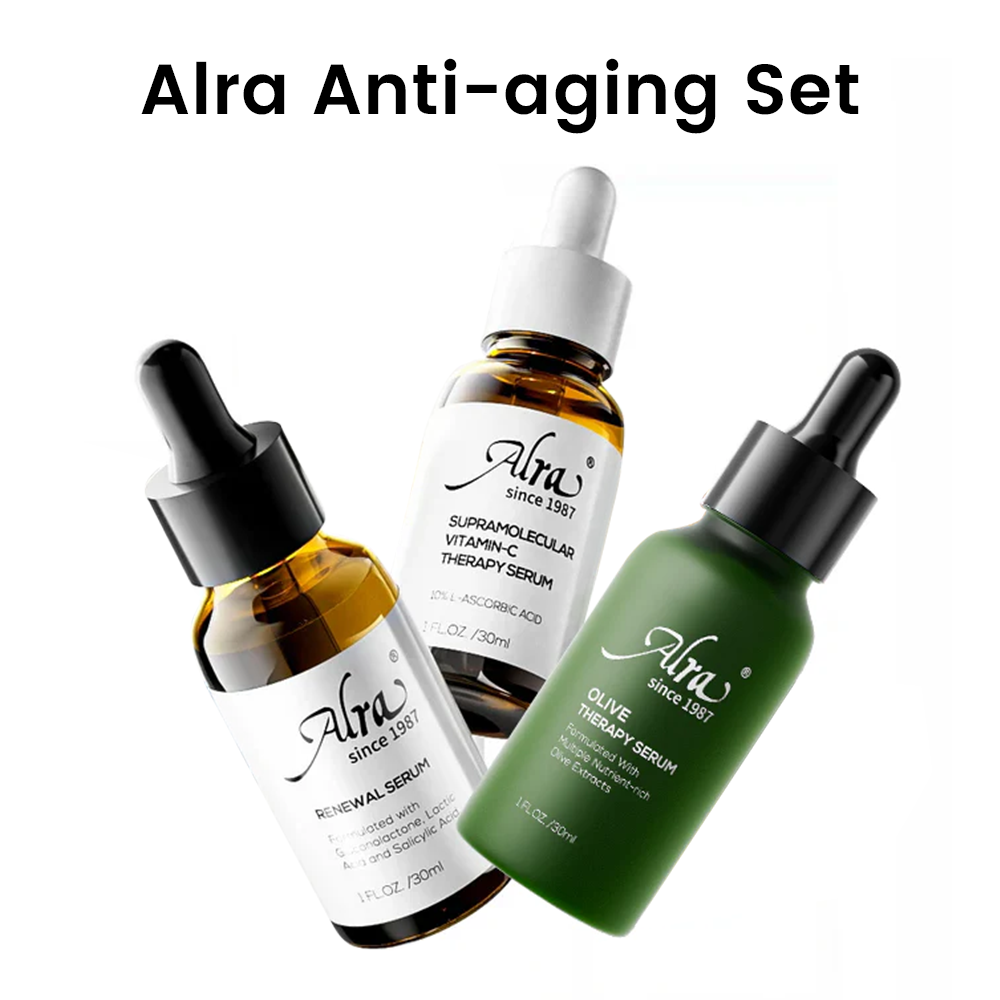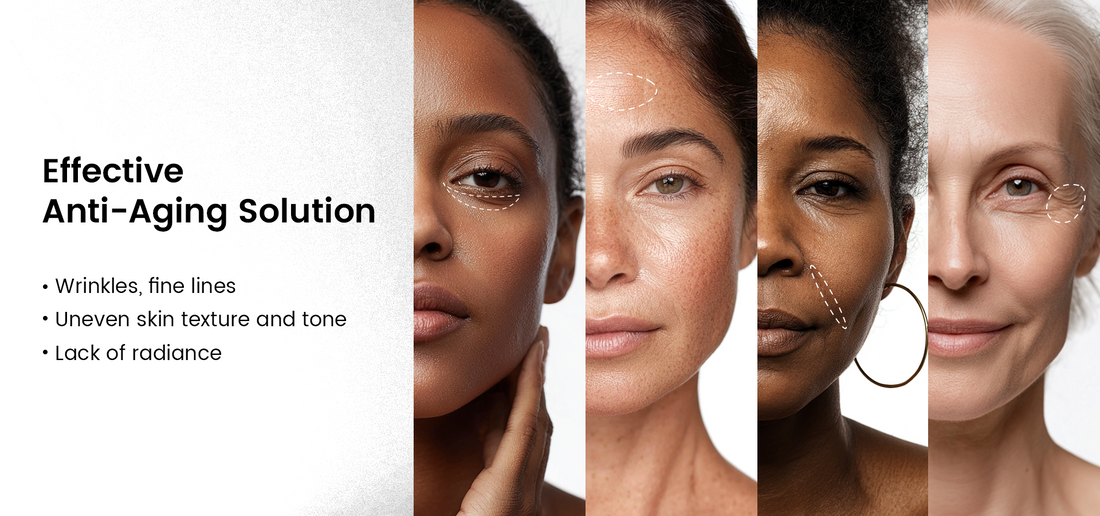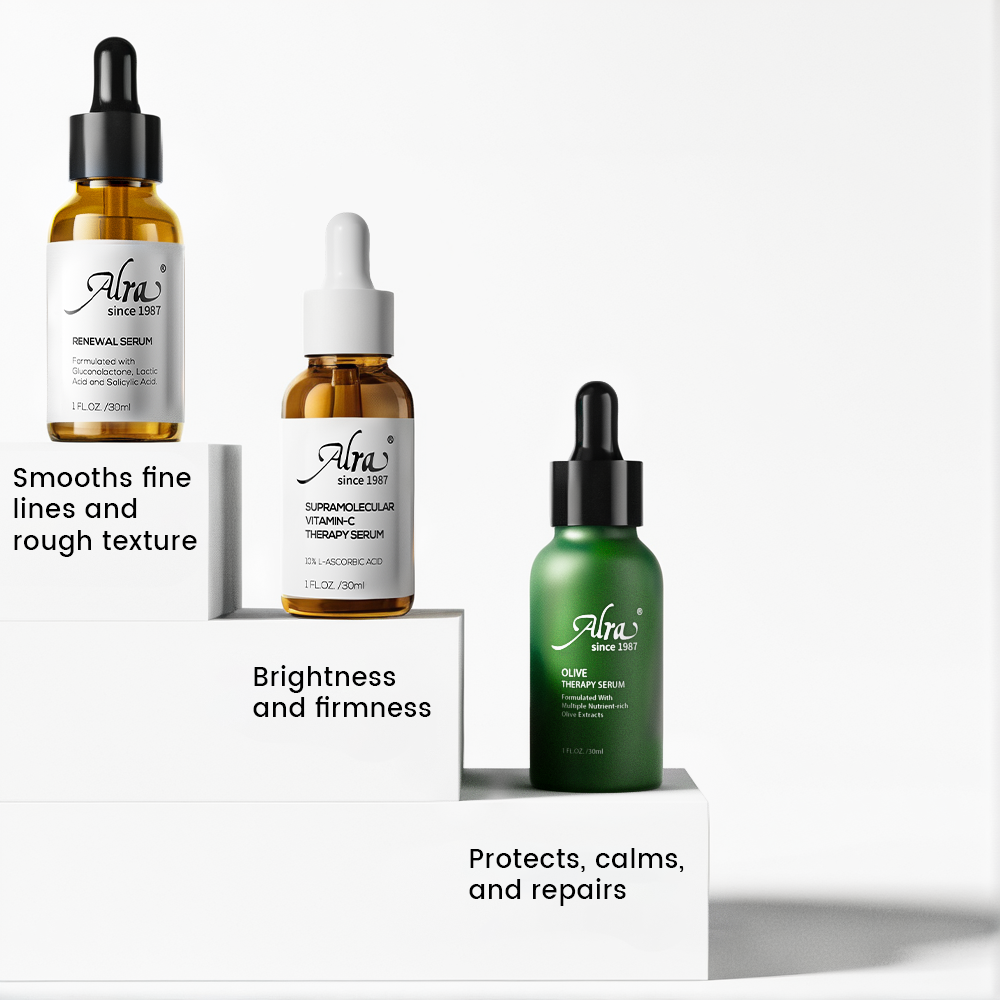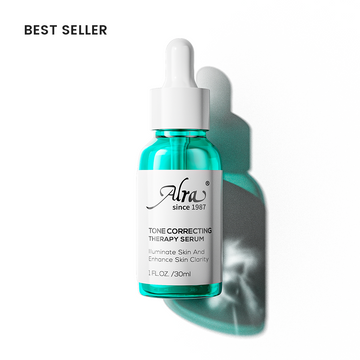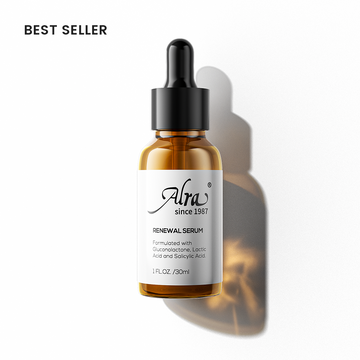When you pass by a pharmacy on the street or stroll through a department store, you'll be surrounded by a variety of deodorants and antiperspirants that are marketed as "aluminum-free" and "natural." This trend has become so ubiquitous that even celebrities and influencers on social media are promoting these products. Even some of the most popular brands are now selling aluminum-free products, giving consumers more options when shopping for deodorant, but it can also be confusing.
So, what exactly is wrong with aluminum in deodorant? Is aluminum in deodorant bad? Is this a health issue worthy of concern? To find out, below, we're sharing all the necessary information about aluminum and deodorants to help you make an easier decision the next time you shop.
Differences between Deodorant and Antiperspirant
We tend to use the word "deodorants" to refer to anything we rub on our underarms, but in fact, there are significant differences between deodorant and antiperspirant. Deodorants are designed to only suppress body odor, while antiperspirants are designed to limit sweating.
Deodorants and antiperspirants serve distinct purposes in personal hygiene, owing to their different scientific functions. Deodorants, particularly those without fragrance, are formulated to tackle body odor. This odor primarily arises from bacteria breaking down sweat on our skin. Rather than reducing sweat itself, deodorants focus on preventing bacterial growth and covering up the smell. They commonly use antimicrobial agents to create an environment that's unfriendly to bacteria.
In contrast, antiperspirants are specifically designed to curtail or stop sweating, particularly in sweat-prone areas like underarms. They utilize aluminum-based compounds such as aluminum chloride or aluminum zirconium trichlorohydrex gly. These compounds temporarily clog the sweat ducts in the skin, significantly lowering the amount of sweat that reaches the skin's surface. Due to their effect on bodily functions, antiperspirants are often classified as over-the-counter drugs in various regions.
The importance of making this distinction lies in the fact that when we talk about aluminum in deodorant, we are usually referring to antiperspirants. Antiperspirants (sometimes) contain aluminum salts that help block pores, so you don't sweat as much. On the other hand, deodorants do not contain aluminum and do not stop you from sweating. They simply reduce body odor by using fragrances or antimicrobial compounds.
The Harm of Aluminum to Health
When talking about aluminum in antiperspirants, 2 major health concerns are often mentioned: Alzheimer's disease and breast cancer.
- Aluminum and Alzheimer's disease
In the 1960s and 1970s, attention was raised to aluminum's potential link to Alzheimer's disease, a degenerative brain disease. Keith Fargo, director of scientific programs and outreach for the Alzheimer's Association, explained that this suspicion has prompted concerns about exposure to aluminum through everyday items such as kitchen utensils, beverage cans, antacids, and antiperspirants.
By 1985, concerns were heightened when a study further explored the link between aluminum and Alzheimer's disease. Schuler noted that researchers have found higher levels of aluminum in the brains of people with Alzheimer's disease. Multiple studies have been conducted since then; one study done at least in 1990 did show some link between the two. The study tracked aluminum exposure in 130 Alzheimer's patients, but its accuracy has been called into question because it relied on data provided by others on the patients.
Because this study was deemed unreliable, experts today generally believe there is no definite link between aluminum and Alzheimer's disease.
- Aluminum deodorant and breast cancer
Concerns about breast cancer risk are largely related to the proximity of the armpits to the breasts. Research shows that many breast cancer cases occur in the upper outer quadrant of the breast, the part closest to the armpits. There are concerns that when using underarm antiperspirants, ingredients such as aluminum may be absorbed into the skin or enter the body through cuts caused by razors. In theory, these components can enter the lymph nodes and then travel to the breast. Meanwhile, there's another concern: Because aluminum can clog sweat glands, the body may not be able to eliminate potential carcinogens that aren't removed when antiperspirants are used.
In addition to aluminum, the effects of parabens, a preservative found in some deodorants, have also been raised in studies. However, research has been inconsistent on the link between aluminum-containing antiperspirants and breast cancer, according to the National Cancer Institute of the National Institutes of Health. For example, a study in 2002 did not find that using deodorant/antiperspirant increased the risk of breast cancer. However, a retrospective cohort study in 2003 found that high frequency and early initiation of antiperspirant/deodorant use were associated with early breast cancer diagnosis, but this study was questioned due to the lack of a non-breast cancer control group.
Overall, experts currently conclude that a direct scientific link between deodorant/antiperspirant use and breast cancer has not been established, and further research is needed to establish cause and effect.
The fact that there have been some older studies showing a link between aluminum and certain diseases does not mean that the scientific and medical community considers these links to be firmly established. The jury is still out on whether aluminum has a negative impact on health, which means you can continue to use antiperspirants that contain aluminum salts. After all, aluminum is the only active ingredient approved by the FDA to inhibit sweating. But to err on the side of caution, we recommend choosing an aluminum-free deodorant.
How to Choose the Right Deodorant
If you want to err on the side of caution and choose "natural" products, and you're wondering if your antiperspirant/deodorant contains aluminum, turn it over and look at the ingredients list. The active ingredient at the top may be listed as aluminum chloride hydrate or aluminum zirconium tetrachloroglycinate hydrate.
There are many aluminum-free deodorants, that may clog pores at the root, but they are effective at preventing body odor.
Alra Non-Metallic Deodorant offers a durable and residue-free solution that refreshes the skin while effectively combating sweat and odors throughout the day. Specifically designed to cater to skin that has experienced radiation therapy or is impacted by various skin conditions, Alra Non-Metallic Deodorant is formulated without aluminum, ammonia, alcohol, or parabens. While it's specially tailored for sensitive or irritated skin, this gentle deodorant is suitable and effective for all skin types. Click to Get 15% Discount!>>>

But as you shop, remember: Just because a product is (or claims to be) natural, doesn't mean it's safe. As for effectiveness, deodorant (like all cosmetics) works differently on different people, so you may just need some trial and error to find one that works for you.


